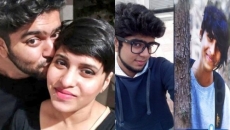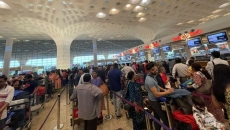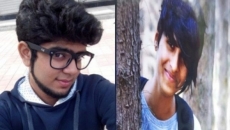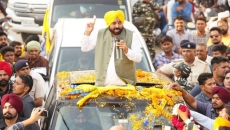Renowned activist and the driving force behind Rescue Foundation, Mrs. Triveni Acharya, talks to Darpan about her journey from journalism to a human trafficking crusader.
Human trafficking has plagued India for centuries. In our modern world, little has changed; reports indicate that approximately 16 million women fall prey to sex trafficking in India every year. Shockingly, some of the victims are as young as nine years old. While the issue is undoubtedly distressing, there is still hope for these young girls forced into prostitution, thanks to selfless heroes like — Mrs. Triveni Acharya.
Fondly addressed as “mummy” by all the rescued girls, Mrs. Acharya is a beacon of hope in the lives of countless girls who have been victims of human trafficking.
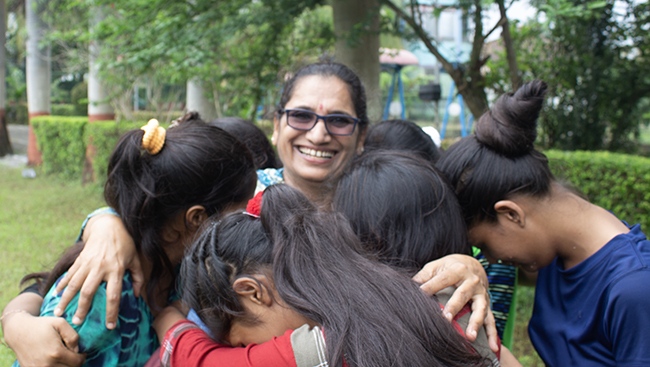
Mrs. Acharya’s journey as a human trafficking crusader began in the early 1990s when she was working as a crime journalist and happened to visit Mumbai’s red-light district — Kamathipura. Little did she know at that time that a simple assignment would completely change the course of her life.
“An actor was visiting the red-light area to get rakhis tied by sex workers. I offered to cover the event for my newspaper. After the event got over, driven by my curiosity, I ventured into the tabooed lanes of Kamathipura,” recalls Mrs. Acharya, who is actively involved with all rescue activities and is recently back from a rescue operation in Bihar.
She continues, “I saw some juvenile girls applying makeup. I first assumed their mothers were sex workers but was shocked to learn that these young girls were forced into prostitution, some even sold by their family members. I offered to give them ticket fares to return to their homes, but they refused. They had failed in their earlier attempts to escape from the brothel and were forcefully brought back and tortured. Chilli powder was put on their private parts; they were not given food for days and were raped multiple times. While I was still talking to them, the brothel madam came along with a mob and asked me to leave. I left from there, but the haunting images of those young girls stayed with me.”
Mrs. Acharya was deeply affected by what she had witnessed that day and broke down in front of her husband, the late Balkrishna Acharya. Surprisingly, he revealed that he had also wanted to talk to her about a similar subject. Coincidentally, one of his employees approached him to rescue his partner trapped in the red-light area.
“We decided to help that girl. We garnered some police support and carried out a rescue operation. However, when we went to save one, fourteen other girls pleaded for help. We succeeded in rescuing all of them and brought them home,” recollects Mrs. Acharya and continues, “After the rescue, we gathered our savings, sought help from the journalist union and collected funds to take the girls back to their homes in Nepal. While some families welcomed their missing daughters warmly, some refused to accept them. A few rescued girls had contracted HIV and had nowhere to go. So, we sought help from an NGO called Maiti Nepal, who took the girls under their shelter.”
By then, despite being criticized by family and friends for helping sex workers, Mrs. Acharya and her husband had made the life-changing decision to dedicate their lives to fight against this cause. They faced numerous threats but continued their rescue and rehabilitation work in partnership with Maiti Nepal. Their unrelenting commitment to the cause garnered widespread recognition, including the Reebok Human Rights Award in 2000, which included a prize of US$100,000. “After we received this money, we decided to register Rescue Foundation in the year 2000,” informs Mrs. Acharya.
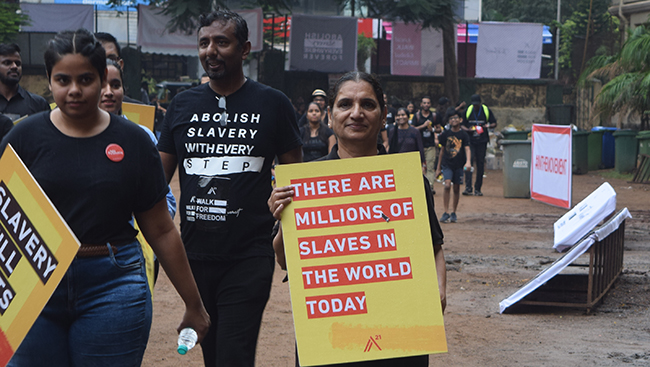
Ever since, Rescue Foundation has saved over 7000 lives by rescuing girls from trafficking and providing them with a supportive environment to rebuild their lives. With four safe havens in Mumbai, Boisar, Pune and Delhi, the foundation provides shelter, healthcare, education, and vocational and skill training such as tailoring, bag making, embroidery, computers, hospitality, spoken English, martial arts, yoga, meditation, art & crafts, painting, dance therapy, and legal support etc.
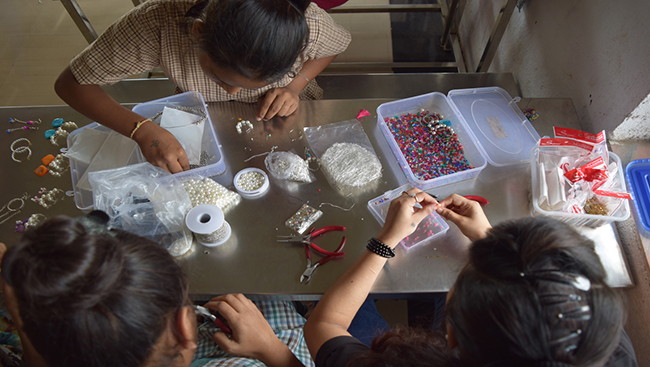
Talking about the work conducted by Rescue Foundation, Mrs. Acharya says, “When we rescue these girls, they have no identification proofs. So, after the rescue, their age verification, pregnancy test, HIV test, and other necessary things are conducted by our organization. Most of them are minors and uneducated. So, we provide literacy training, mandatory yoga and meditation classes, and art and craft workshops. After their 10th grade, we make them do diploma courses in housekeeping, hospitality, and computer courses to help them find employment. The government of Maharashtra is their legal guardian until they are 18, and we are the custodian.”
Apart from helping the girls stand on their own feet, Mrs. Acharya and her foundation also help them overcome their trauma. “We have in-house counsellors who provide different therapies and de-addiction treatments. Recovery takes time, and the first 25 days are the most difficult, with the withdrawal phase where the girls often display aggressive behaviour. We take precautions to prevent self-harm and suicides. With counselling, the survivors slowly recover,” narrates Mrs. Acharya.

The fearless activist has encountered several hurdles along her chosen path. Still, the biggest jolt came in 2005, when her husband died in an alleged framed accident while returning from a rescue operation. “He was constantly getting threat calls, and that day I told him I will accompany him,” reveals an emotional Mrs. Acharya, “But he said — ‘One of us has to stay alive to fight for this cause.’”
After Balkrishna’s death, Mrs. Acharya aggressively got involved with the functioning of the Rescue Foundation and took over as the organization’s President/CEO. Ask her what motivated her to continue working for the foundation during those trying times, and she smiles warmly, “When I see these innocent girls, I see my daughters in them. At an age when they were supposed to be studying and playing, they were instead tortured, raped and forced into prostitution. I never asked any of them to call me ‘Mummy,’ but all these girls call me ‘Mummy.’ And it is a very overwhelming feeling. So, they motivated me to continue fighting for this cause.”
Under Mrs. Acharya’s leadership, Rescue Foundation has received several accolades. The government of India awarded a posthumous award to Balkrishna Acharya. In 2008, Mrs. Acharya received a Stree Shakti Award, and in 2010, Taiwanese President Ma Ying-Jeou presented Mrs. Acharya with the Asia Democracy and Human Rights Award. In 2011, she won the Civil Courage Prize from The Train Foundation. In 2013, Mrs. Acharya became the 2013 Humanitarian Honoree of the World of Children Award in conjunction with her work with The Rescue Foundation.
Besides rescue and rehabilitation activities, Mrs. Triveni Acharya is also actively educating the youth about human trafficking. Rescue Foundation and several other NGOs also advocate for more stringent punishments for the trafficking accused.
With her bold and unwavering dedication to the cause of human trafficking, Mrs. Triveni Acharya is an inspiration to many. Her work with Rescue Foundation is a testament to the fact that all it takes to make a real difference in the world is the will to do it.
Note: One can get associated with Rescue Foundation as a volunteer or help them in their fight against human trafficking through donations, providing meals at their centres, sponsoring their rescue girls etc. For more details, visit - https://rescuefoundation.net/

